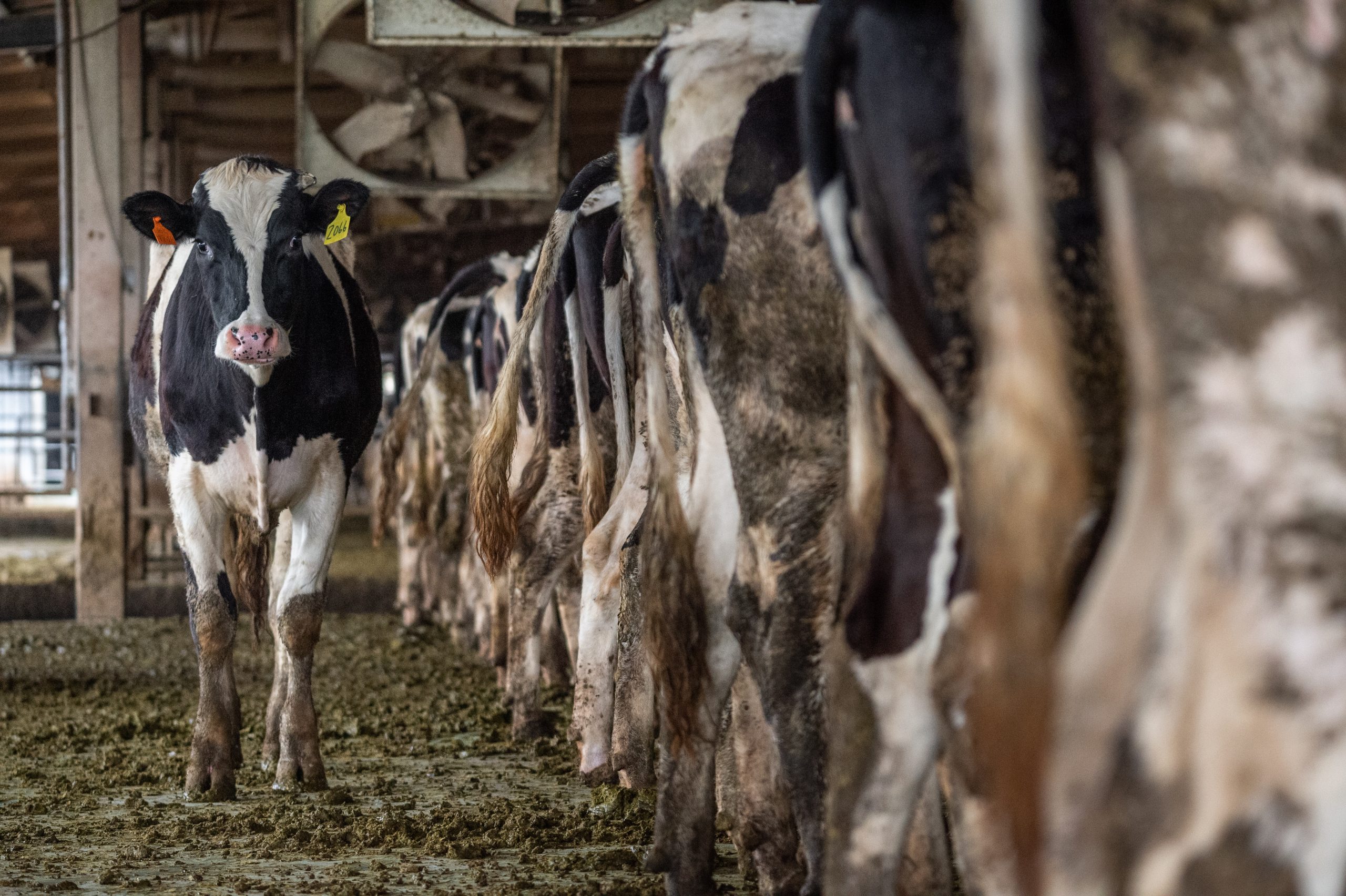
Application filed for Judicial Review of the Australian Free Trade Agreement over its inadequate environmental impact assessment
The government must ensure all trade deals work towards our emissions reduction targets rather than towards further catastrophic heating
We have this week launched a legal challenge against the UK government over inadequate assessment of the environmental impacts of the UK-Australia Free Trade Agreement. The free trade deal gives Australian producers significant access to the UK market to sell beef, lamb and mutton and dairy, potentially undercutting UK producers with agrifoods produced to lower standards.
The key argument is that the Impact Assessment erred in concluding that it was not possible to assess the impact of carbon leakage because data on relative carbon emissions associated with cattle meat was too “variable”. Renowned experts from the Institute of Environmental Science at Leiden University and New York University outline that there is consistent data demonstrating that Australian cattle meat has a materially higher emissions intensity than UK meat. As these same experts demonstrate, a consistent application of the gold standard methodology available would have shown considerable difference in the climate impacts of livestock produced in the United Kingdom and in Australia.
The fundamental issue in the claim is whether the government acted lawfully in deciding not to assess the relative carbon intensities of beef produced in the UK and Australia, for the stated reason that the available evidence was inconclusive and too variable. Experts argue that available statistical evidence on agricultural emissions is categorically not inconclusive and that, in fact, contrary to what the impact assessment concluded, it consistently shows that the emissions intensity from Australian beef is substantially higher than that from the UK.
Globally, agricultural emissions alone are enough to breach 1.5 and even 2 degrees of warming this century. This is in line with evidence from the government’s former advisor on food, Henry Dimbleby, who found that Australian beef had greater emissions intensity and a considerably larger deforestation footprint than beef produced in the UK. The UK government is bound by various legal and international obligations to take climate change, biodiversity and emissions reduction into account when setting trade policies, including the United Nations Framework Convention on Climate Change (UNFCCC) and the Paris Agreement of 2015.
“With its flimsy environmental impact assessment of the UK-Australia trade deal, the government has blithely thrown both British farmers and the Paris Agreement under the bus in its futile bid for positive post-Brexit headlines. At a time of crisis in food and farming, and with global temperature highs broken daily, the government must ensure all trade deals work towards our emissions reduction targets rather than towards further catastrophic heating.” Carina Millstone, Executive Director Feedback
The impact assessment also fails to quantify the carbon impact of any changes to domestic UK meat and dairy consumption because of tariff-free imports of Australian food. Cheaper Australian goods were touted as one of the key benefits of the agreement for the UK. Australia’s biggest cattle farmer suggested that the trade deal could result in Australian beef exports to the UK rising tenfold. The greater availability of cheap meat on UK supermarket shelves and in the food service industry will increase consumption, undermining recommendations from both the independent review of the National Food Strategy, commissioned by the government in 2019, and the Climate Change Committee (CCC), that substantial reductions in meat and dairy are essential to tackle climate change.
The legal challenge will test whether the government has adequately assessed the impact of this trade agreement. This has important implications for future trade deals.
In an important attempt to safeguard its rights to access environmental justice, Feedback is also defending claims made by the government that it should not benefit from costs protection rules under the Aarhus Convention. Remarkably, the government is arguing that the judicial review does not relate to the environment, despite the existential threat of climate change. Feedback is strongly resisting these arguments, which (if successful) may well set a valuable precedent for other environmental NGOs bringing legal challenges against trade deals.
What can you do next?
Feedback never accepts donations from corporate organisations. To achieve our goal of a food system that nourishes us and the planet, we need your help.
DONATE WHAT YOU CAN NOWDo you believe everyone should have access to nutritious, delicious food - without trashing our planet in the process? Sign up to our mailing list to get the latest on our campaigns.
JOIN THE MAILING LISTFollow us on Facebook for updates on our campaigns and opportunities to get involved.
Get social